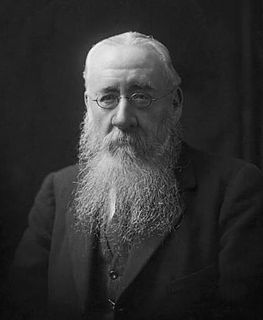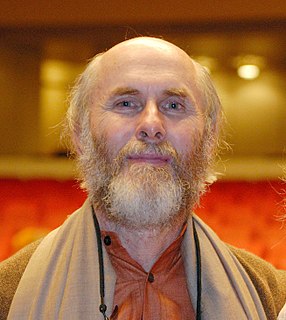Цитата Джорджа Сейнтсбери
«Одиссея» — действительно одна из величайших историй, это оригинальный роман Запада; но «Илиада», хотя и великолепная поэма, не очень похожа на рассказ.
Связанные цитаты
Два величайших произведения военной мифологии на Западе... это "Илиада" и Ветхий Завет... Когда мы обратимся от "Илиады" и Афин к Иерусалиму и Ветхому Завету, мы обнаружим целеустремленное единое божество с его симпатиями навсегда. одна сторона. И с врагом, соответственно, кем бы он ни был, обращаются... почти как с недочеловеком: не "Ты", а "Оно".
Моя настоящая цель в рассказывании историй ученикам средней школы заключалась в том, чтобы попрактиковаться в рассказывании историй. И я практиковался на величайшей модели повествования, которая у нас есть, а именно на «Илиаде» и «Одиссее». Я рассказывал эти истории много-много раз. И то, как я оправдывал это перед директором школы, если он приходил, или перед любыми родителями, которые жаловались, было: «Послушайте, я рассказываю эти замечательные истории, потому что они часть нашего культурного наследия. Я верил этому.
Греки использовали одни и те же истории, одну и ту же мифологию, время от времени, разных авторов. Оригинальному рассказу не уделялось должного внимания, да и Шекспиру тоже. Многие люди писали пьесы о великих королях. Они не ожидали совершенно новой истории. Это было то, что новый автор сделал из старой истории. Сейчас, наверное, то же самое. Мы маскируем это, придумывая то, что кажется новыми историями, но на самом деле это одна и та же история.
Я услышал о Бхагавад-гите очень рано, в возрасте пяти лет. Это была одна из первых вещей, которые я начал читать, когда начал читать. И это было очень большой частью моего сознания. Вначале я видел «Бхагавад-гиту» как текст очень классический, очень похожий на «Илиаду» и «Одиссею» — мифическую сагу, показывающую вечный конфликт между добром и злом. Но гораздо позже, повзрослев, я понял, что это гораздо больше.



































